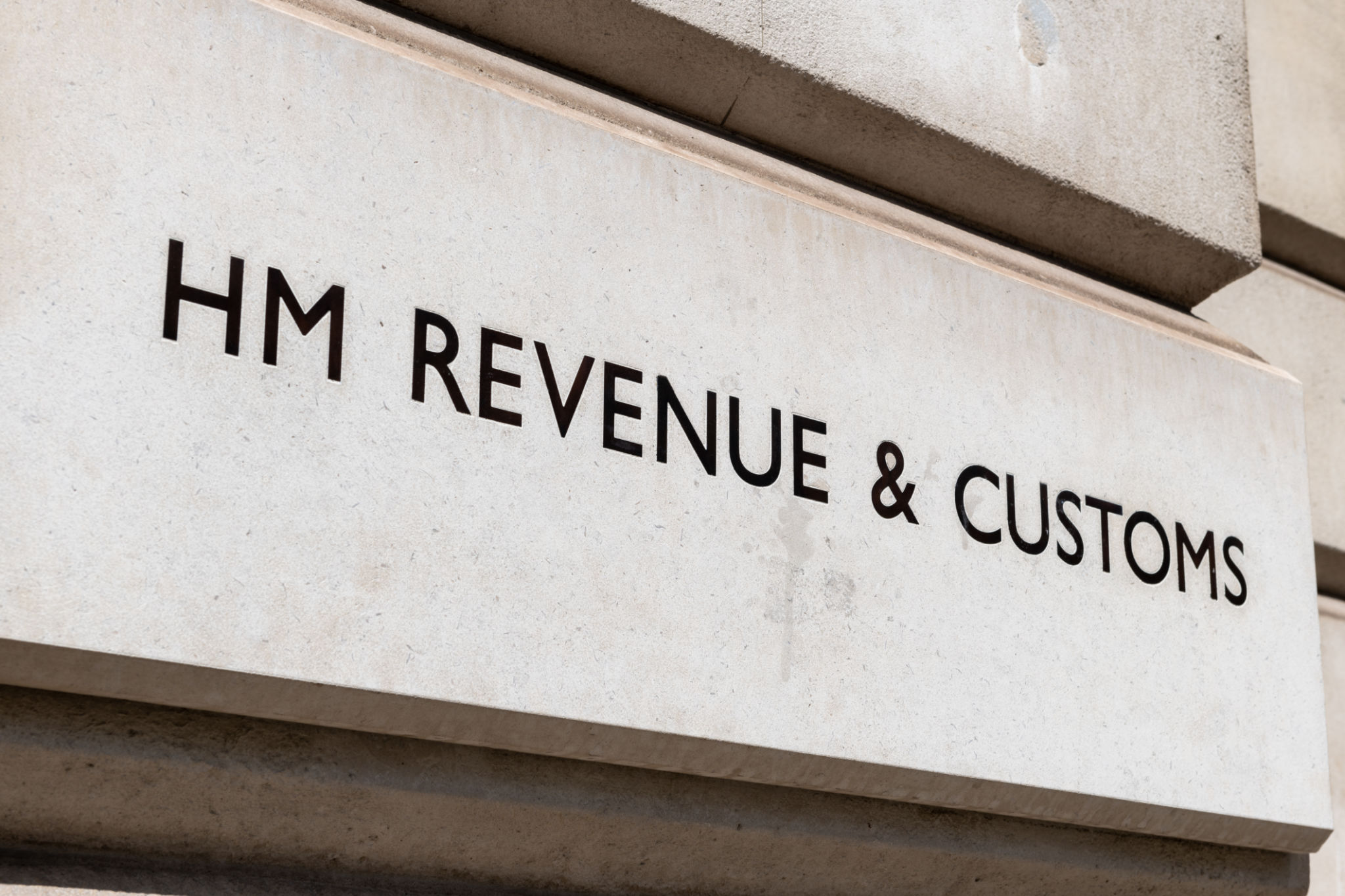Understanding UK Tax Regulations: A Guide for Scarborough Businesses
Introduction to UK Tax Regulations
For businesses in Scarborough, navigating the complexities of UK tax regulations can be a daunting task. Understanding these regulations is crucial for ensuring compliance and optimizing financial outcomes. Whether you're a new start-up or an established company, being informed about tax obligations can save you time and resources.

The Basics of UK Taxation
The UK tax system is overseen by HM Revenue and Customs (HMRC) and comprises various taxes that businesses need to be aware of. The primary taxes include Corporation Tax, VAT (Value Added Tax), Income Tax, and National Insurance Contributions. Each of these taxes has specific rules and rates that businesses must adhere to.
Corporation Tax
Corporation Tax is levied on the profits of limited companies and some organizations, including clubs and societies. As of the latest fiscal year, the Corporation Tax rate is set at 19%. Keeping accurate records of income and expenses is essential for calculating the correct amount of tax due.
Value Added Tax (VAT)
VAT is a consumption tax applied to the sale of goods and services. Businesses must register for VAT if their taxable turnover exceeds a certain threshold, currently £85,000. Once registered, companies need to submit regular VAT returns and ensure they charge the correct rate, which can vary depending on the goods or services provided.

Income Tax and National Insurance
Income Tax applies to the earnings of individuals and sole traders, with rates varying based on income levels. National Insurance Contributions are also required from both employees and employers, contributing to state benefits like pensions and healthcare.
Self-Assessment for Sole Traders
Sole traders must file a Self-Assessment tax return annually. This process involves declaring all sources of income and calculating any tax owed. It's advisable for sole traders to maintain detailed financial records to streamline the submission process.
Key Compliance Dates
Staying abreast of important tax deadlines is vital for avoiding penalties. Key dates include:
- 31 January: Deadline for online Self-Assessment tax returns.
- 31 October: Deadline for paper Self-Assessment tax returns.
- 1 April: Start of the new financial year for Corporation Tax purposes.

Tips for Managing Tax Obligations
To effectively manage tax obligations, Scarborough businesses should consider the following strategies:
- Hire a Professional Accountant: Engaging a qualified accountant can provide valuable insights and ensure compliance with all tax regulations.
- Use Accounting Software: Modern accounting software can simplify record-keeping and automate calculations.
- Stay Informed: Regularly review HMRC updates to stay informed about any changes in tax laws or rates.
Conclusion
Understanding UK tax regulations is essential for the success and sustainability of businesses in Scarborough. By familiarizing yourself with the different types of taxes, key compliance dates, and effective management strategies, you can ensure your business remains compliant while maximizing financial efficiency.
